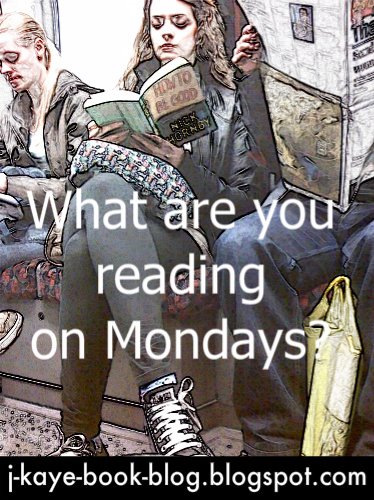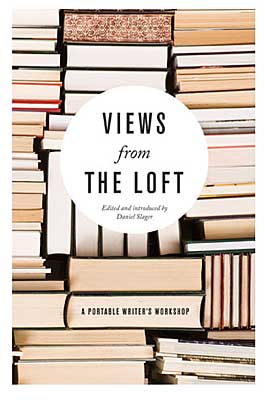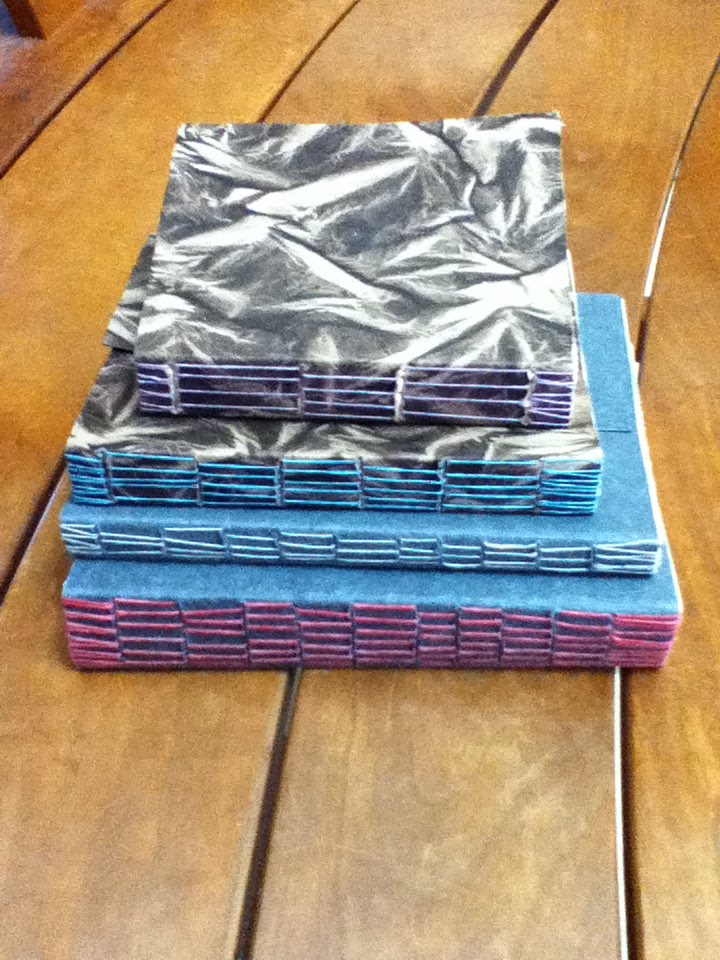Merry Wanderer of the Night [Search results for journal]
Review: Breathing Underwater by Alex Flinn
Moleskine Passions Book Journal
UK: Call for Stonehenge access ban to prevent damage

The White Garden

Review: The Tablet of My Heart by Elizabeth Walker

2010 Reading Resolutions Challenge

Thaw

Slouching Towards Bethlehem

Review: Second Hand Heart by Catherine Ryan Hyde
The Department of Lost & Found, by Allison Winn Scotch

Emily Bronte, Remembrance
Bookish Crafts: Long Stitch
Just Contemporary Review — Harmonic Feedback by Tara Kelly
North America: Vandalism found in Petroglyph National Monument

Gifts for English Majors (Vol. 2)
Character Interview! Richard from Second Hand Heart
Libya: Years of conflict threaten archaeology in Libya

It's Monday! What Are You Reading This Week?

Views From the Loft

Award Winning Wednesday — Monster by Walter Dean Meyers



